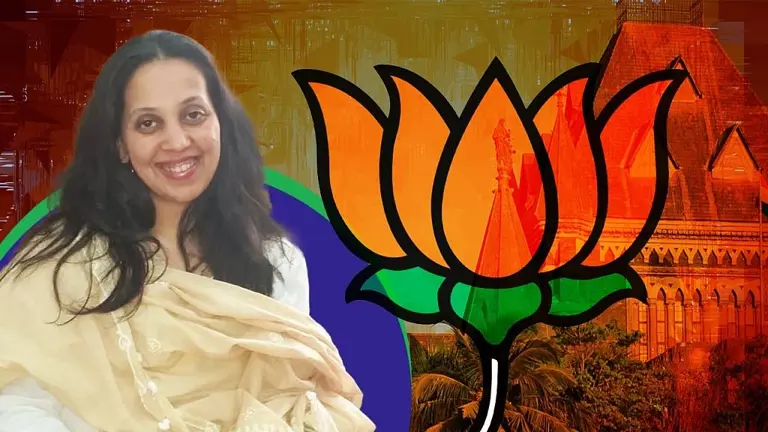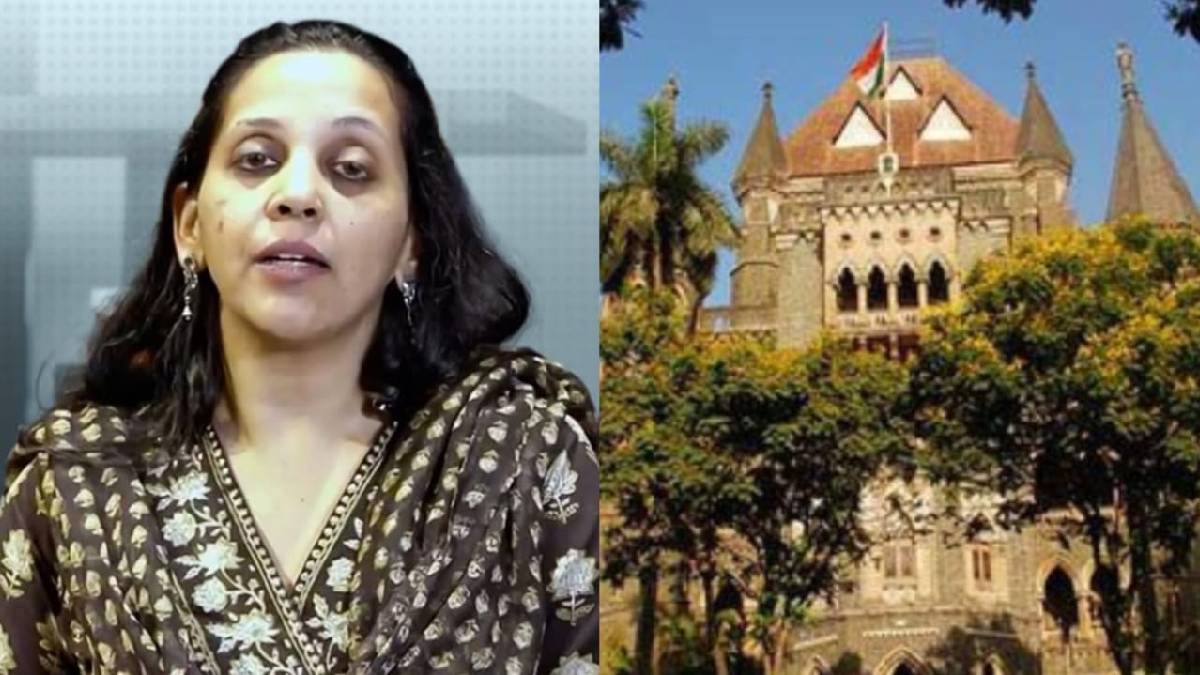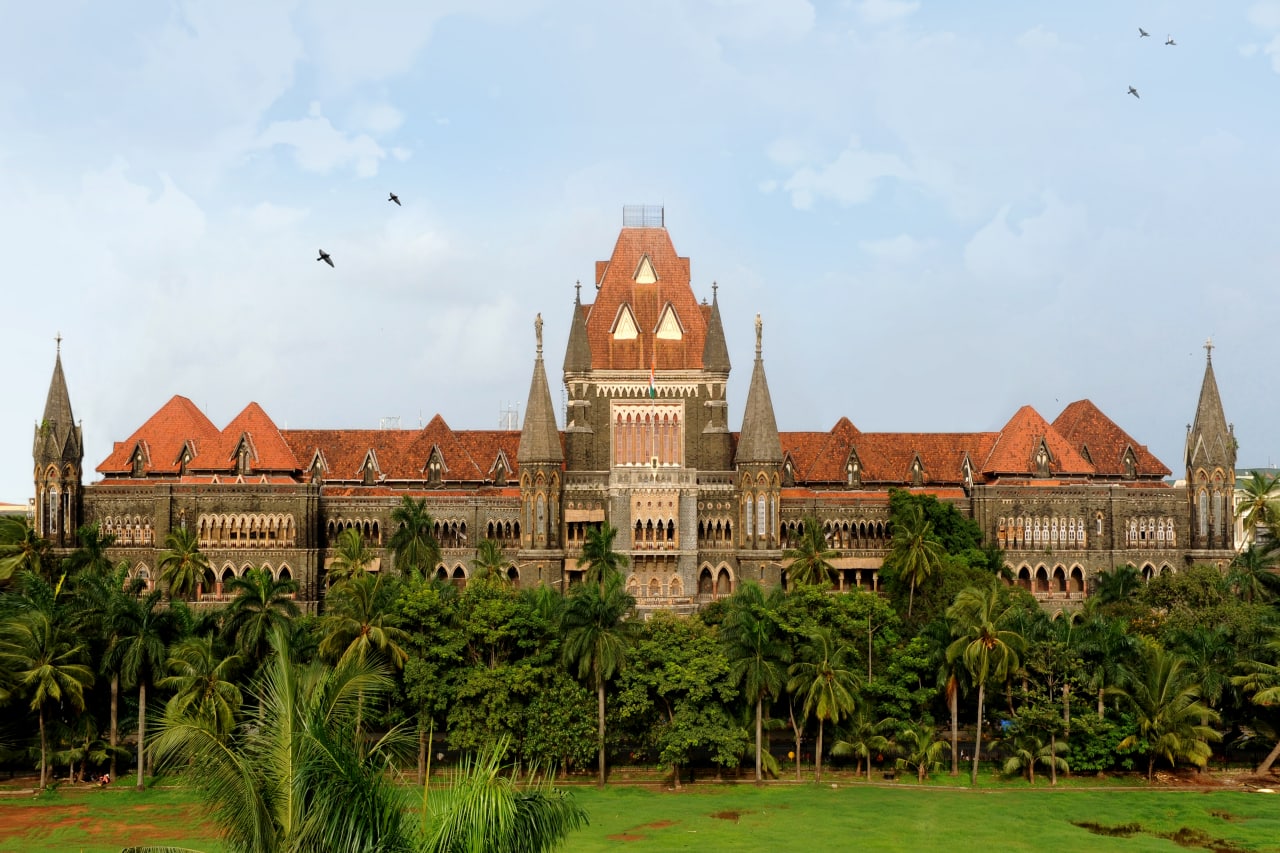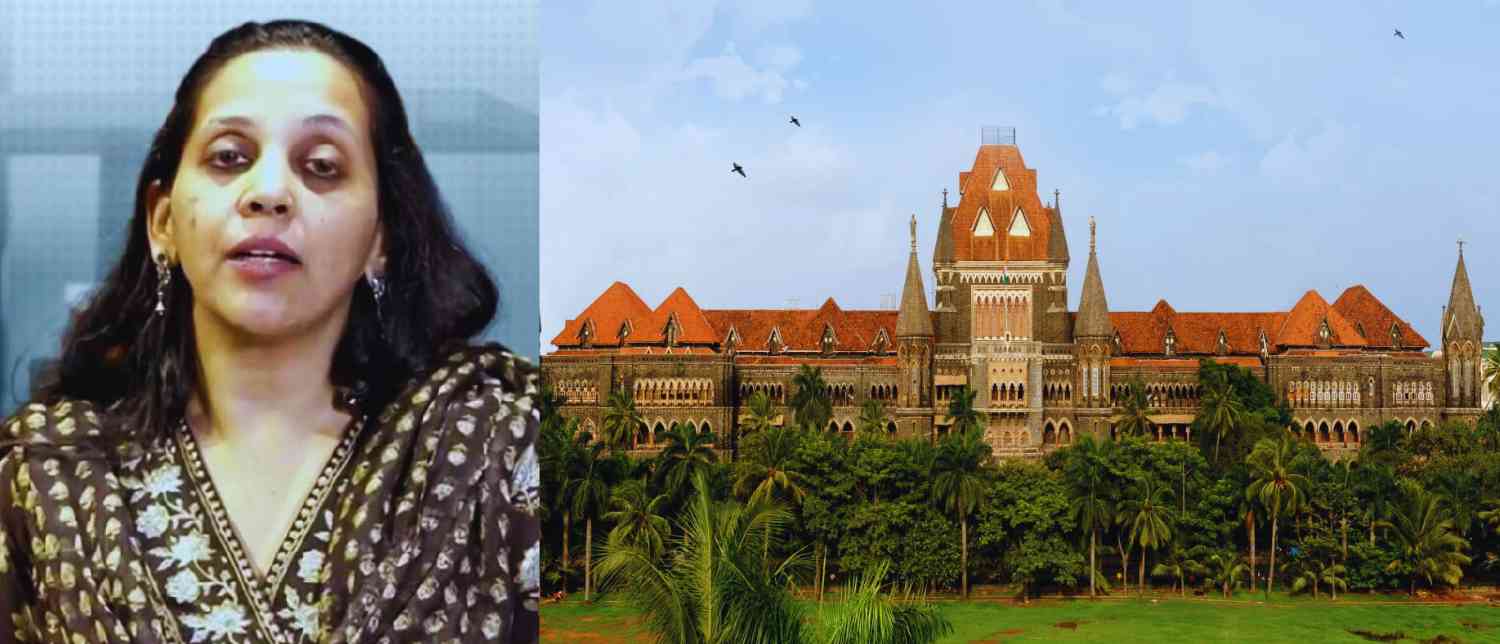Former BJP spokesperson Aarti Sathe has been appointed as a judge of the Bombay High Court, sparking political controversy in Maharashtra. While supporters point to her qualifications and resignation from the BJP well before the appointment, opponents question whether her past political affiliation threatens judicial impartiality and the principle of separation of powers.

Aarti Sathe served as the official spokesperson for the Maharashtra BJP from February 2023 until her resignation in January 2024, when she stepped down citing personal and professional reasons. She had also resigned from the primary membership of the party well before her judicial appointment. The Supreme Court Collegium approved her elevation as a Bombay High Court judge on July 28, 2025, along with two other senior lawyers.
Sathe has over 20 years of legal experience, specializing in tax disputes, cases before SEBI, Securities Appellate Tribunal, and matrimonial disputes in the Bombay High Court. Her legal profile is well regarded, and BJP representatives emphasize that her appointment is based purely on merit, following the established framework for judicial elevation.
However, opposition leaders from parties like the Nationalist Congress Party (NCP), Congress, and Shiv Sena have expressed strong objections. NCP MLA Rohit Pawar described the appointment as "the greatest blow to democracy," arguing that appointing a former political spokesperson as a judge undermines judicial neutrality and the constitutional doctrine of separation of powers. He and others worry that such appointments could politicize the judiciary, damaging public trust in the courts’ impartiality.
 \
\
The opposition demands reconsideration of this appointment and calls for guidance from the Chief Justice of India. Some opposition voices assert that judicial posts should be free from political or religious ideology to preserve democratic values and the constitutional balance of power. Meanwhile, the BJP maintains that Sathe’s resignation from political roles long ago removes any conflict of interest and affirms that the collegium’s recommendation was merit-based.
This case highlights a broader debate about the relationship between politics and the judiciary in India. While judicial appointments often involve scrutiny of candidates' integrity and independence, the presence of individuals with political backgrounds in judicial roles is not unprecedented. Critics argue that even past political affiliations can create a perception of bias, while proponents believe professional qualifications and conduct after appointment should be paramount.
In essence, the appointment of Aarti Sathe raises important questions about ensuring judicial impartiality, public confidence in the legal system, and maintaining the constitutional principle of separation of powers. The final resolution may depend on further scrutiny by the judiciary's highest authorities and ongoing public discourse on the matter.

This controversy reflects how judicial appointments impact democratic institutions beyond legal circles, engaging politicians, media, and citizens alike in conversations about governance, fairness, and rule of law.
With inputs from agencies
Image Source: Multiple agencies
© Copyright 2025. All Rights Reserved. Powered by Vygr Media.























